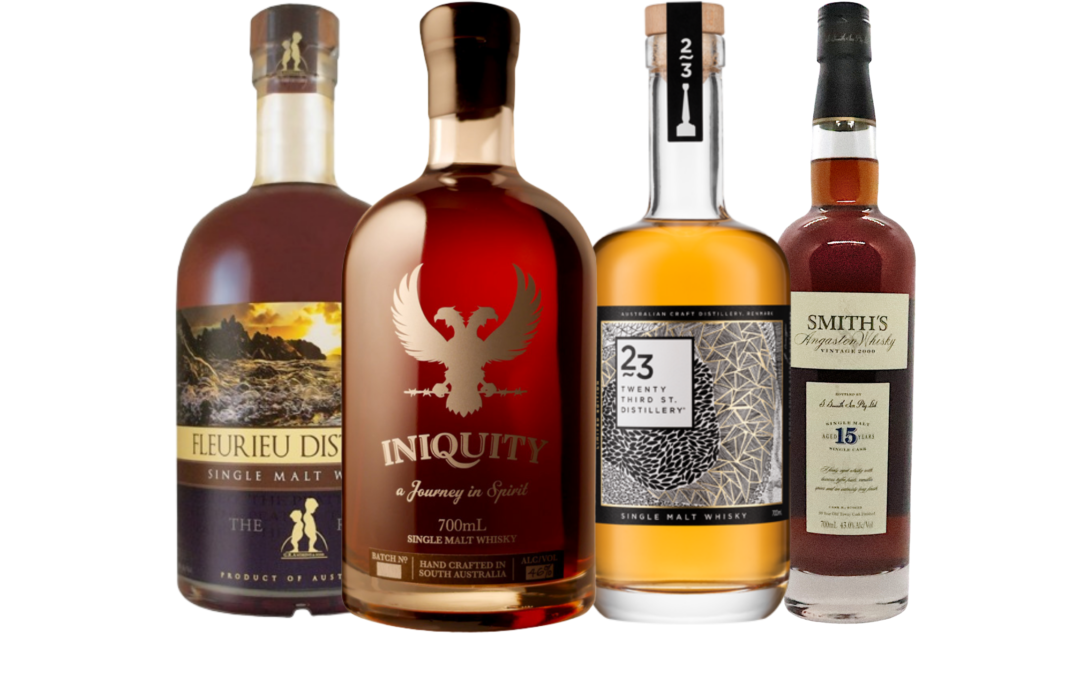Introduction
In the fast-evolving hospitality sector of South Australia, staying updated with the latest trends in liquor licensing can give your business a competitive edge. Whether you’re opening a new bar or restaurant or revamping an existing establishment, understanding the nuances of liquor licensing in SA is crucial.
Here’s what you need to know about the current landscape and how you can adapt.
What Are the Current Trends in Liquor Licensing in South Australia?
The hospitality industry in South Australia is seeing a shift towards more flexible liquor licensing to accommodate the changing dynamics of consumer behaviour.
Pop-up bars, craft breweries, and small-scale events are becoming increasingly popular, leading to a rise in demand for short-term and event-specific licenses.
Why Is It Important to Keep Up with Liquor Licensing Regulations
Keeping abreast of liquor licensing regulations ensures compliance and avoids potential fines or business disruptions. It also helps in planning future business strategies that align with legal frameworks and market demands.
FAQs About Liquor Licensing in SA:
What are the steps to obtaining a liquor license in South Australia?
To obtain a liquor license in South Australia, you’ll need to follow several structured steps:
- Determine the type of license needed: There are various types of licenses available, each suited to different business needs, such as general and hotel licenses, restaurant and catering licenses, small venue licenses, and more. Choose the one that aligns with your business activities.
- Pre-application process: Before submitting your application, you may need to consult with local authorities or community members. This is especially important for larger venues or those in sensitive locations. You might also need to complete a risk assessment.
- Application submission: Apply through the Consumer and Business Services (CBS) website or the Liquor and Gambling Online (LGO) portal. You’ll need to provide detailed information about your business, including plans of the premises, a business proposal, and information about the responsible persons involved.
- Pay the required fee: The application will have a fee, which varies depending on the type of license you are applying for.
- Assessment process: After submission, your application will be assessed. This process may include checks on the suitability of the license type, the impact on the local community, and compliance with South Australian legislation.
- Notification and display of application: You may be required to publicly display your application for a certain period to allow public objections or support.
- Approval and compliance: If your application is successful, you’ll receive your license and will need to comply with ongoing requirements and regulations, such as responsible service of alcohol, noise control, and safety measures.
How long does it take to get a liquor license application in SA?
The processing time for a liquor license application in South Australia can vary depending on the license type and the application’s completeness and complexity. Generally, the processing begins once a complete and correct application is received, and it does not include the delivery time for any correspondence via mail.
For specific details regarding the expected processing time for a liquor license, you must consult the Consumer and Business Services (CBS) of South Australia, as they handle the application assessments.
They may offer guidelines on processing times, or you might need to contact them directly to get an estimate based on your specific application type and circumstances.
What are the costs associated with obtaining a liquor license in South Australia?
The costs associated with obtaining a liquor license in South Australia vary depending on the type of license you are applying for. Each license category has different fees based on factors such as the capacity of the premises, trading hours, and specific activities related to the sale of liquor. Here’s a breakdown of the potential costs:
- Application Fee: This is the initial fee to submit your application. The specific amount depends on the type of license you need.
- Annual Fees: Once your license is granted, you’ll need to pay annual fees to maintain it. These fees are calculated based on various factors, including the type of license, the size of the venue, trading hours, and whether the location is considered high-risk. You can use an online fee calculator provided by Consumer and Business Services (CBS) to estimate these costs.
- Additional Costs: Depending on your specific situation, you may incur additional costs such as legal fees if you consult a lawyer to help with your application, and fees for modifying or varying license conditions later on.
To get an estimation of the fees and to use the fee calculator, you can visit the official South Australian government website on liquor licensing here .
If you need more detailed information tailored to your specific business and the type of license you are considering, it might be beneficial to consult with a licensing expert such as Watts Liquor or visit the Consumer and Business Services website for more comprehensive guidelines.
Can changes in liquor licensing laws impact my existing license?
Yes, changes in liquor licensing laws can impact your existing license in several ways. When laws and regulations governing liquor licenses are updated or revised, these changes might require you to adjust various aspects of your business operations to remain compliant.
Here are some common ways that changes in laws might affect your existing liquor license:
-
Changes in Compliance Requirements: New regulations may impose additional compliance requirements such as updating training for staff, enhancing security measures, or modifying the sale and serving practices of alcohol.
-
Adjustments to License Conditions: Amendments to the liquor laws might lead to changes in the conditions under which licenses are issued. This could affect your operating hours, the capacity of your premises, or the types of activities you’re allowed to conduct.
-
Fee Adjustments: Legislative changes can lead to adjustments in licensing fees, either increasing or decreasing the costs associated with renewing or maintaining a liquor license.
-
Renewal Procedures: New laws might alter the renewal process for liquor licenses, potentially requiring more documentation or different procedures for license renewal.
-
Impact on Venue Operations: For venues that host events or have special endorsements (like music or entertainment), changes in laws could impact the specifics of what is permissible under your current license.
Whenever there are significant changes in the laws affecting liquor licensing, it is crucial for license holders to review these changes thoroughly and adjust their operations accordingly.
Failure to comply with new regulations can result in penalties, suspension, or even revocation of your liquor license. It’s often beneficial to consult with legal experts, regulatory authorities or Watts Liquor to fully understand how changes might affect your specific circumstances.
Conclusion
The landscape of liquor licensing in South Australia is continually evolving. By staying informed and adaptable, your business can not only remain compliant but also thrive amidst the competition.
For more detailed guidance on navigating liquor licensing in SA, contact us today!


Recent Comments